T4K3.news
Jet Set Radio adapted for Game Boy Advance
The classic Dreamcast game Jet Set Radio has been ported to the Game Boy Advance with mixed reviews.
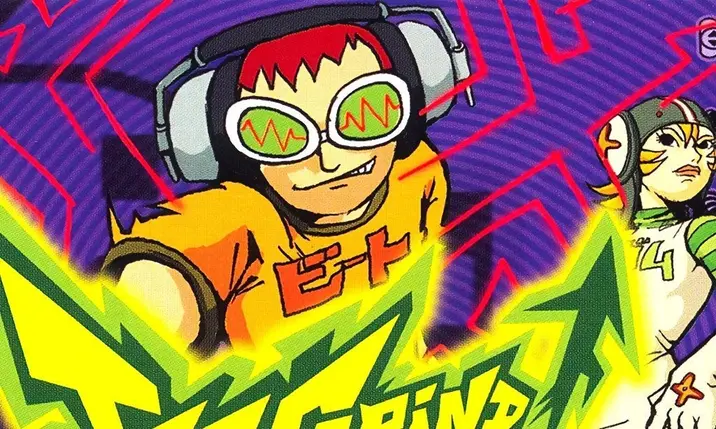
The transition of Jet Set Radio from a console classic to a handheld version carries intriguing insights.
Jet Set Radio's Journey from Dreamcast to Game Boy Advance
Originally released on the Sega Dreamcast, Jet Set Radio quickly became known for its unique blend of style and gameplay. Developed by Smilebit, it featured roller-blading gang members spraying graffiti while navigating a vibrant Tokyo landscape. In early 2003, Vicarious Visions announced they would adapt this beloved title for the Game Boy Advance, sparking mixed feelings among fans. Lead designer Rob Gallerani shared insights about the adaptation process, revealing obstacles like language barriers and limitations of the new platform. The team employed creative strategies, including hacking the Dreamcast disc for animations, to recreate the game’s essence. After months of work, the Game Boy Advance release launched with mixed reviews, highlighting differences in gameplay mechanics that left fans divided between loyalty and disappointment.
Key Takeaways
"We ended up hacking the Dreamcast disc, because we couldn't get any actual assets."
Gallerani discusses the challenges in accessing original game resources.
"It would have been nice to build some new places and tell some new stories."
Gallerani reflects on creative restrictions during development.
The adaptation of Jet Set Radio for the Game Boy Advance reveals much about the struggles of game development in the early 2000s. Vicarious Visions faced not just technical challenges but also the weight of expectations from a dedicated fanbase. The mixed reception of the game reflects the difficulties of transitioning a console experience to a handheld format. Gallerani’s insights show how the project was driven by a blend of passion and necessity, yet the changes in gameplay mechanics exposed significant design challenges that couldn’t easily be overcome. This situation serves as a reminder of how adaptations need to respect the core identity of their predecessors while navigating the constraints of new technologies.
Highlights
- Adapting classics requires bold creativity and technical finesse.
- Fan expectations can sometimes be a double-edged sword.
- The challenges of porting a beloved game can shape its legacy.
- A nostalgic journey can redefine what a game means to its fans.
Potential backlash from loyal fans
Adapting a beloved classic into a limited platform can alienate dedicated fans who expect fidelity to the original game.
The legacy of Jet Set Radio continues to influence game design today.
Enjoyed this? Let your friends know!
Related News
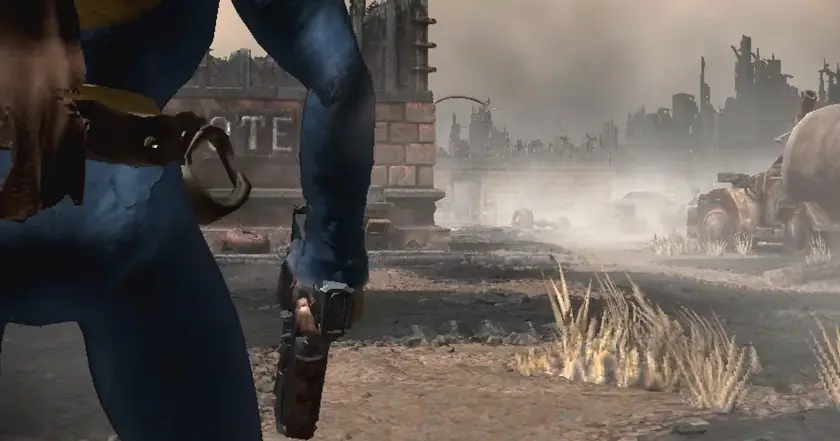
Fallout Bakersfield trailer released showcasing game development progress

Mukuba pushes Eagles safety starting bid
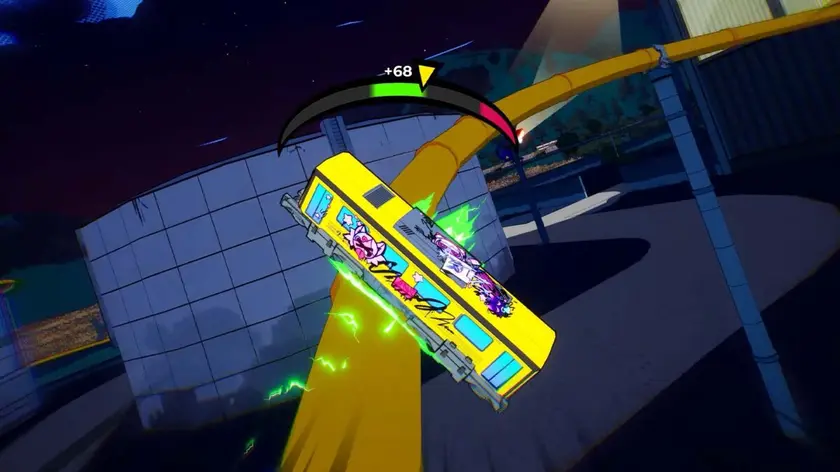
Denshattack Shines at ONL 2025
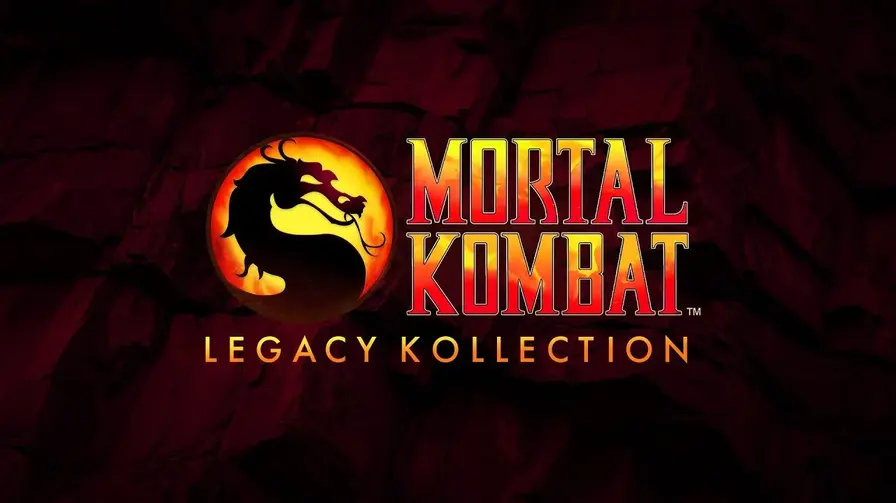
Mortal Kombat Legacy Kollection Final Lineup Confirmed

Transfer news intensifies as deadline approaches
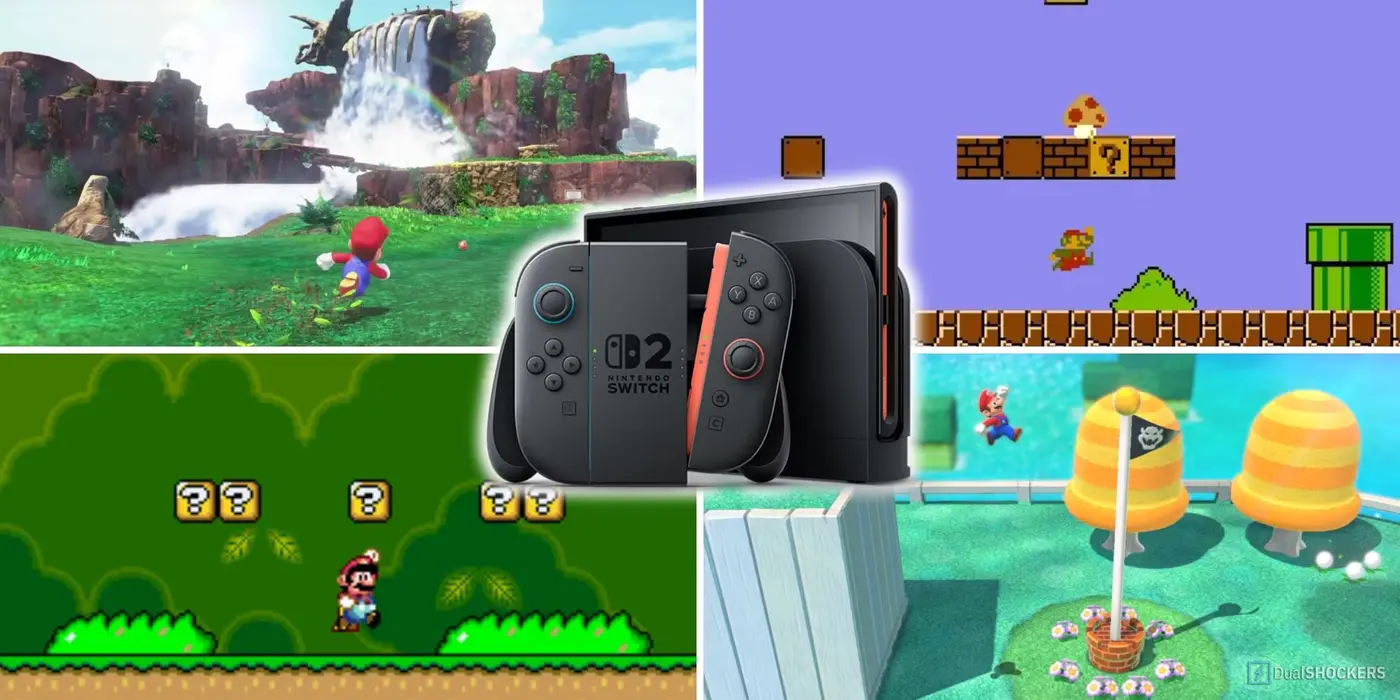
New Ranking of Best Mario Games Released

Ed Sullivan Theater to see a new chapter

USMNT schedules September camp
